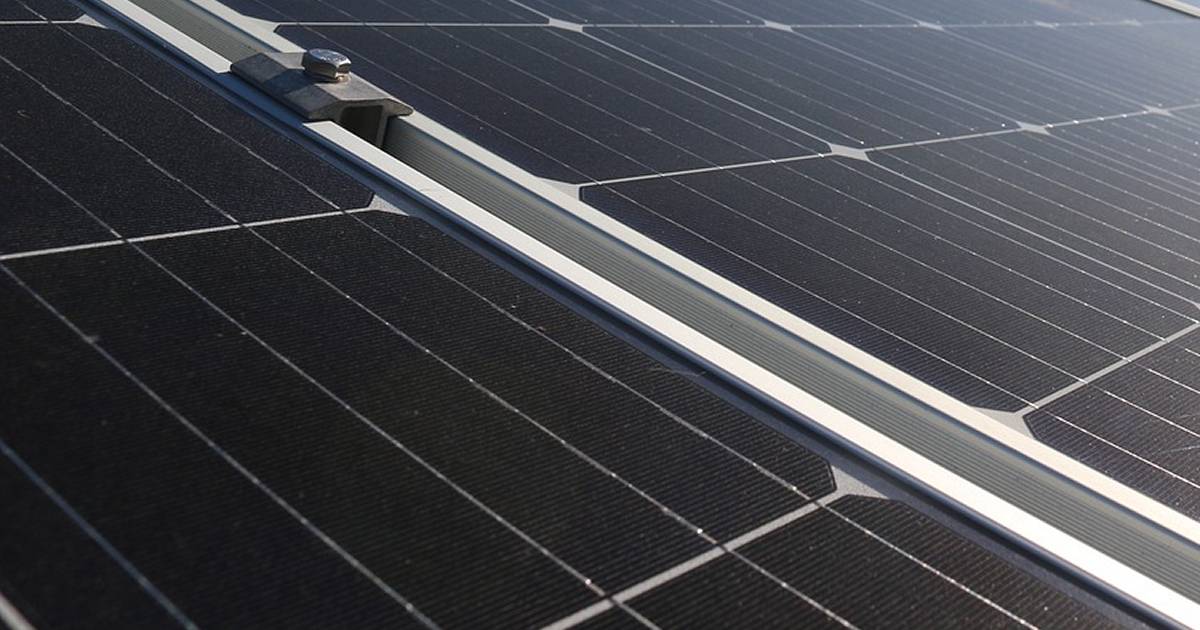A collective of leading consumer organisations is calling on regulators and governments to ensure better protections are in place against risks associated with Buy Now Pay Later products.
So, what’s that got to do with solar panels?
A solar power system is a great investment, but it requires a chunk of cash up front – and not everyone has easy access to that sort of money. Buy Now Pay Later (BNPL) has become quite popular in the solar industry; usually marketed as “no interest” or “0% interest” payment plan options.
All finance has a cost, and in the case of BNPL the consumer still usually ends up paying for it. When it comes to solar, this can be in the form of inferior components and/or installation quality; or a much higher retail price than a comparable self-funded system. With shonky operators, at times it can be all of the above.
The way BNPL can work in practice is a solar retailer will be selling systems for $X and then decides to take on a BNPL option, paying the provider a fee on systems sold under its “no interest” payment plan. Margins can be pretty slim on solar and given the costs involved with the BNPL relationship, the retailer may need to jack up the price by $Y to cover those costs.
But what if the customer doesn’t want BNPL and is happy to pay in full up-front?
It’s my understanding that under some BNPL provider conditions, participating solar retailers can’t continue to offer the lower price straight-up to cash customers. Savvy consumers may make a lower cash offer during negotiations, which can be accepted by the retailer. The key is the *advertised* or initially quoted price can’t be lower than what the system would cost under the BNPL offer, otherwise the business may be in breach of its contract conditions.
As well as the high fees charged to solar retailers, BNPL providers also make money through charging various fees, and late fees to customers who fall behind on payments.
BNPL is popular because consumers demand it, often not understanding the potential problems and disadvantages involved. Some really good solar companies are loathe to offer these sorts of “no interest” payment plans, but feel the need to due to demand.
One of the other problems with Buy Now, Pay Later is the design of programs skirt around laws regulating other credit products, meaning proper checks to determine whether a person can afford to repay before they are provided credit may not be performed, or performed thoroughly.
(Added: Learn more about the pitfalls of “0% interest” solar here.)
The Call For Fair Digital Finance
Consumers International brings together more than 200 member consumer organisations in 100+ countries – including Australia – to empower and champion the rights of consumers everywhere.
As part of World Consumer Rights Day 2022 (yes, it’s a thing), the organisation released a new statement on BNPL, with 6 key asks of governments and regulators – some of which may not necessarily apply in Australia as they are already covered.
In summary, the signatories want to see:
- The regulation of Buy Now Pay Later products in the same way as other forms of credit.
- Businesses required to provide a pay-in-full option.
- Obligating BNPL providers to assess whether it is suitable and affordable to provide credit to people, without risk of causing financial harm.
- Preventing providers from targeting children or those in financial hardship in their marketing.
- The provision for redress through fair and independent mechanisms when things go pear-shaped.
- Regulators monitoring and reporting publicly on the impact of Buy Now Pay Later products for different groups of consumers.
Eleven consumer organisations put their names to the statement, the full version of which can be viewed here. Among the signatories are Australian organisations CHOICE, Consumers Federation of Australia and Financial Counselling Australia.
The situation in Australia with Buy Now, Pay Later isn’t exactly the wild west these days. The Australian Finance Industry Association’s code of conduct for BNPL providers kicked in early last year, but some consumer organisations said it simply didn’t go far enough – and previous moves to exclude solar power system sales from BNPL were not successful.
If you’re wanting to go solar and don’t have the up-front cash to do so, learn more about the best ways to finance a solar system without turning to Buy Now, Pay Later.


 RSS - Posts
RSS - Posts



Speak Your Mind